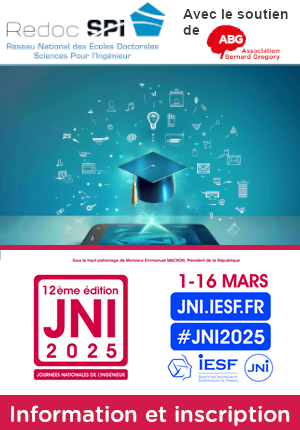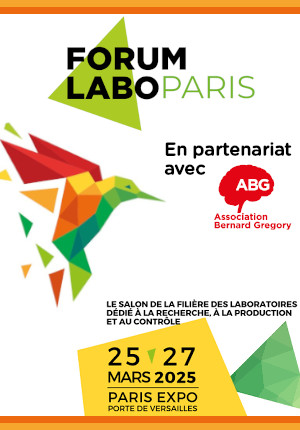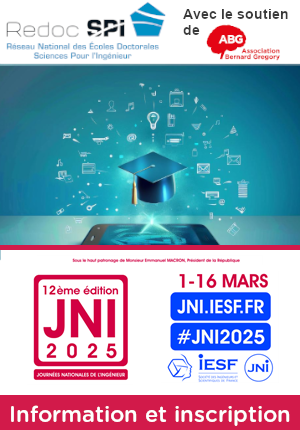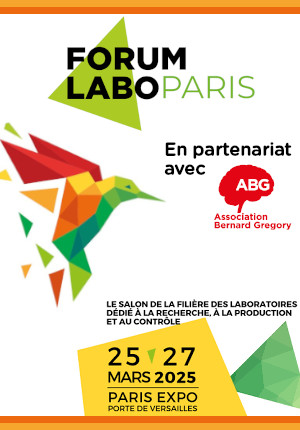Improving metals recovery in catalysts: Advanced modelling of leaching in porous structures
| ABG-128756 | Sujet de Thèse | |
| 19/02/2025 | Contrat doctoral |

- Chimie
Description du sujet
Context: Currently, only 10-20% of end-of-life catalysts are recycled after their use in refineries. However, these catalysts contain critical metals (Ni, Co) and the management of these resources is becoming increasingly constrained and regulated. This makes catalyst recycling a major environmental and economic challenge. Hydrometallurgy is today a key process for recycling metals. Leaching, which consists of dissolving the metals in an aqueous acid solution, is the step that needs to be carefully optimized in order to increase metal recovery, to reduce the amount of solvent used and, in the case of hydrotreating catalysts, to avoid damaging the alumina support. This would make it possible to offer a short-loop recycling process by reusing the leachate and the support to produce new catalysts. In this context, the aim of this Ph.D. thesis is to develop a methodology for modelling catalyst leaching stages on complex porous structures.
Description: At present, the leaching process has not been optimized to achieve its optimal performance, and this work is complex because it depends on the metals present and on their interaction with the support. The first phase of the work will therefore involve the acquisition of the experimental data required to model (solubility, desorption kinetics, support characterization, etc.) and to evaluate the effect of operating conditions on leaching performances. These experiments will be supported by detailed analytical characterizations. The reaction scheme will then be constructed, validated, and extrapolated to assess its robustness. The second part will consist of the development of a 1D model integrating the leaching kinetics and a first approach to account for the influence of the pore network using a tortuosity factor. Finally, the descriptors of a 3D model with a complete pore network representative of a hydrotreating catalyst will be proposed based on the data obtained during the thesis.
Prise de fonction :
Nature du financement
Précisions sur le financement
Présentation établissement et labo d'accueil
IFP Energies nouvelles is a French public-sector research, innovation and training center. Its mission is to develop efficient, economical, clean and sustainable technologies in the fields of energy, transport and the environment. For more information, see our WEB site.
IFPEN offers a stimulating research environment, with access to first in class laboratory infrastructures and computing facilities. IFPEN offers competitive salary and benefits packages. All PhD students have access to dedicated seminars and training sessions.
Site web :
Profil du candidat
Academic requirements University master’s degree in chemical engineering
Language requirements English level B2 (CEFR), French level B1
Other requirements Experimental and modelling knowledge, knowledge of a programming language is required, Skills in materials characterization would be an asset
Vous avez déjà un compte ?
Nouvel utilisateur ?
Vous souhaitez recevoir nos infolettres ?
Découvrez nos adhérents
 TotalEnergies
TotalEnergies  Ifremer
Ifremer  Aérocentre, Pôle d'excellence régional
Aérocentre, Pôle d'excellence régional  MabDesign
MabDesign  SUEZ
SUEZ  Généthon
Généthon  Institut Sup'biotech de Paris
Institut Sup'biotech de Paris  ADEME
ADEME  ONERA - The French Aerospace Lab
ONERA - The French Aerospace Lab  Tecknowmetrix
Tecknowmetrix  Groupe AFNOR - Association française de normalisation
Groupe AFNOR - Association française de normalisation  MabDesign
MabDesign  CASDEN
CASDEN  Nokia Bell Labs France
Nokia Bell Labs France  Laboratoire National de Métrologie et d'Essais - LNE
Laboratoire National de Métrologie et d'Essais - LNE  CESI
CESI  ANRT
ANRT  Institut de Radioprotection et de Sureté Nucléaire - IRSN - Siège
Institut de Radioprotection et de Sureté Nucléaire - IRSN - Siège  PhDOOC
PhDOOC











